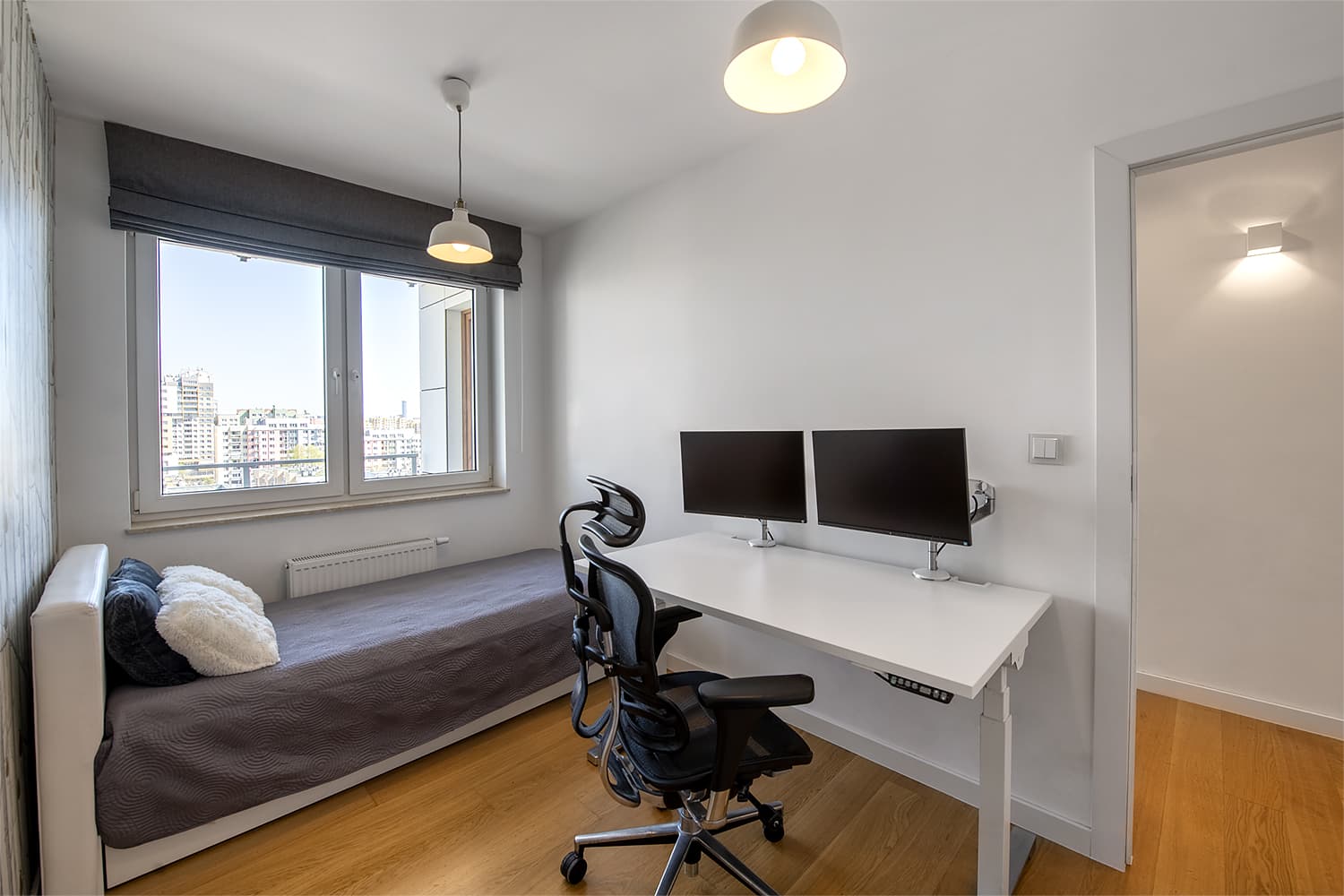Workation in Haiti
Coworking Alternative
Workation-Friendly Hotels
Best For Digital Nomads
Hotel Rooms with Workspace

Haiti
Top-10 Workation Cities
| City | Workspaces |
|---|---|
| 1. Port au Prince | 2 |
| 2. Cap Haitien | 2 |
| 3. Port Salut | 1 |
Show more cities |
FAQ
The 15 most frequently asked questions to our local AI-guides in Haiti.
- What are the visa requirements for a workation in Haiti?
Most travelers to Haiti must obtain a visa prior to arrival. US citizens can stay up to 90 days without a visa. British citizens can stay up to 30 days without a visa. Citizens of other countries must contact the nearest Haitian Embassy or Consulate for visa requirements.
- What is the cost of living in Haiti?
The cost of living in Haiti is relatively low. Rent for a one-bedroom apartment in the city center averages around $400 per month. Basic groceries and other necessities are also quite affordable.
- What is the best way to get around in Haiti?
The best way to get around in Haiti is by motorcycle taxi. These are widely available and are usually the quickest and most convenient way to get around. Other transportation options include buses, shared taxis, and rental cars.
- What is the currency in Haiti?
The currency in Haiti is the Haitian gourde (HTG). US dollars are widely accepted and are often preferred by businesses. Credit cards are accepted at some hotels and restaurants, but cash is the most widely accepted form of payment.
- What type of accommodation is available in Haiti?
Accommodation in Haiti ranges from luxury hotels to budget guesthouses. Airbnb is also widely available and is a great way to find a comfortable and affordable place to stay. For longer stays, it’s also possible to rent an apartment or house.
- What is the local cuisine like in Haiti?
Haitian cuisine is a mix of French, African, and Caribbean influences. Popular dishes include griot (fried pork), tassot (grilled goat), and bouillon (a spicy vegetable stew). Seafood is also widely available, especially in coastal towns.
- What is the language spoken in Haiti?
The official language of Haiti is French. However, most Haitians also speak Haitian Creole, which is a mix of French, African, and Caribbean influences. English is also widely spoken, particularly in tourist areas.
- What are the best places to visit in Haiti?
Haiti is home to some stunning beaches, lush mountains, and vibrant cities. Popular places to visit include the capital of Port-au-Prince, the colonial city of Jacmel, the coastal town of Labadee, and the lush mountains of Kenscoff.
- What is the climate like in Haiti?
Haiti has a tropical climate with hot and humid weather year-round. The average temperature ranges from 77°F (25°C) to 86°F (30°C). The rainy season runs from April to November, with the heaviest rainfall occurring in October and November.
- What safety precautions should I take when visiting Haiti?
It is important to exercise caution when traveling in Haiti. Avoid walking alone at night, and be aware of your surroundings. It is also a good idea to keep a copy of your passport and other important documents in a safe place. Avoid carrying large amounts of cash and always be aware of your belongings.
- Are there any cultural taboos I should be aware of in Haiti?
It is important to be respectful of local customs and traditions when visiting Haiti. Avoid public displays of affection, and dress modestly. It is also important to be aware of local religious beliefs and customs, particularly in rural areas.
- What type of internet access is available in Haiti?
Internet access in Haiti is generally reliable and widely available. Most hotels and guesthouses offer free Wi-Fi, and there are also several internet cafes in major cities. Mobile data is also available, and most providers offer prepaid SIM cards.
- Are there any coworking spaces in Haiti?
Yes, there are several coworking spaces in Haiti. The largest is the Impact Hub in Port-au-Prince, which offers hot desks, private offices, and event spaces. Other coworking spaces include the Kafe Konbit in Jacmel, the Coworking Haiti in Cap-Haitien, and the Kafe Kreyol in Port-au-Prince.
- Are there any coworking visas available for Haiti?
Yes, Haiti offers a coworking visa that allows digital nomads to stay in the country for up to one year. The visa is valid for multiple entries and exits, and includes a work permit. To qualify, applicants must have a valid passport, proof of income, and health insurance.
- What is the best time of year to visit Haiti?
The best time to visit Haiti is between December and April, when the weather is dry and sunny. This is also the peak tourist season, so it is important to book accommodation and flights in advance. The rainy season runs from May to November, with the heaviest rainfall occurring in October and November.